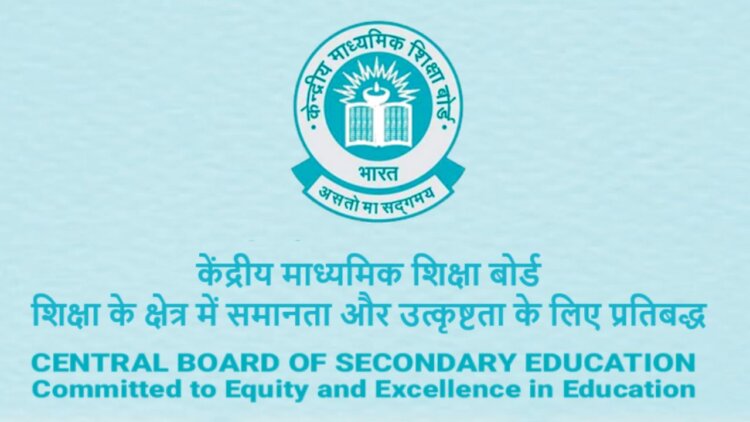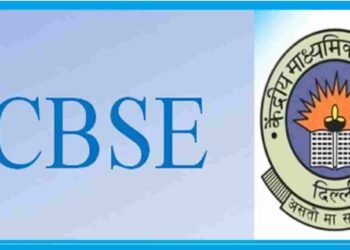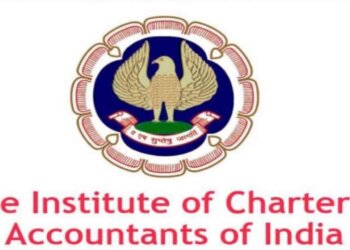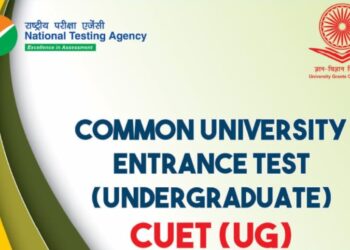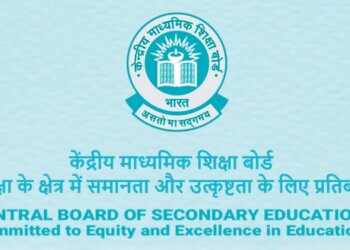According to the media, the Central Board of Secondary Education (CBSE) is debating implementing Open Book Examinations (OBE) for students in Classes 9 through 12 in accordance with the suggestions of the recently published National Curriculum Framework.
In order to assess how long it takes students to complete these tests and how stakeholders respond, sources indicate that CBSE has suggested a trial run of open-book exams in a few schools for English, Mathematics, and Science for Classes 9 and 10 and English, Mathematics, and Biology for Classes 11 and 12.
In an open-book exam, students are allowed to carry their notes, textbooks, or other study material and refer to them during the examination. However, OBEs are not necessarily easier than closed-book exams; often they are more challenging. This is because an open-book test does not assess a student’s memory but her understanding of a subject and ability to analyse or apply concepts. It is not merely jotting down content from a textbook onto the answer script.
The Media has learned that the pilot is proposed to be conducted in November-December this year and based on the experience, the Board will decide whether this form of assessment should be adopted across all its schools for Classes 9 to 12. The pilot will be focused on assessing higher-order thinking skills, application, analysis, critical and creative thinking, and problem solving abilities.
CBSE is planning to wrap up the design and development of the OBE pilot by June and has decided to consult Delhi University (DU) for the same. The DU introduced open book tests, despite opposition, in August 2020 during the Covid pandemic which had disrupted the academic calendar.
Students had approached Delhi High Court against this move on the ground that it would be “discriminatory” towards those who do not have access to the Internet and infrastructure — the underprivileged and PwD category students, specially the visually challenged. The court later permitted DU to hold the OBE for final-year undergraduate and postgraduate students. Regular students were given three hours to complete the examination and an additional hour for scanning answer sheets and uploading them, where PwD students got six hours for the examination.
Ajay Arora, OSD Examination at DU, told The Indian Express: “The first OBE assessment was held in August 2020 and the last one was held in March 2022. DU resumed physical mode completely in January 2022 but the last round of OBE was given as an option for students who joined the varsity in November 2021. We resumed the normal mode of examination thereafter.”
According to sources, while deliberating the proposal to introduce OBE for CBSE schools, the curriculum committee of the Board discussed late last year the need to develop high-quality textbooks to ensure that students understand and accept this new method of assessment.
During the curriculum committee meeting, some members also proposed having teachers take the open book exams first to understand the concept and help them develop OBE materials of similar quality to those of the Advanced Placement examination — an entrance exam for colleges in the United States — setting it as a standard benchmark.
Source:IE







 Finance
Finance